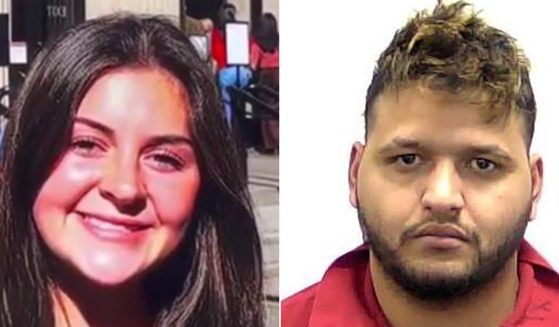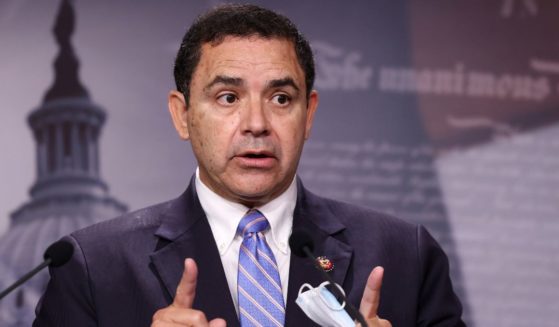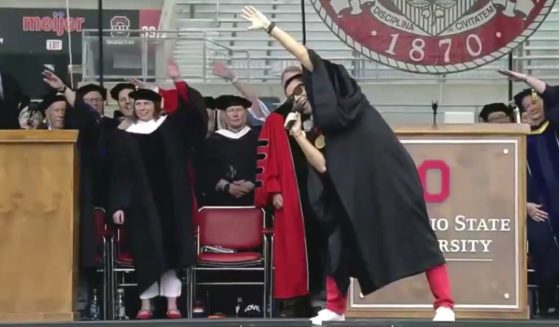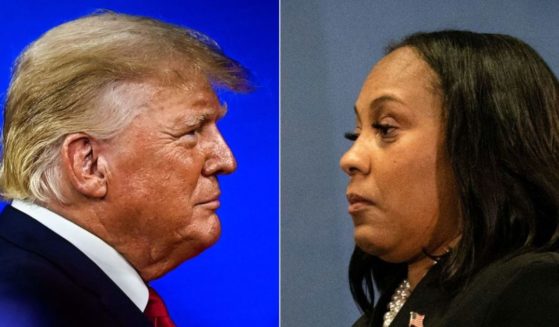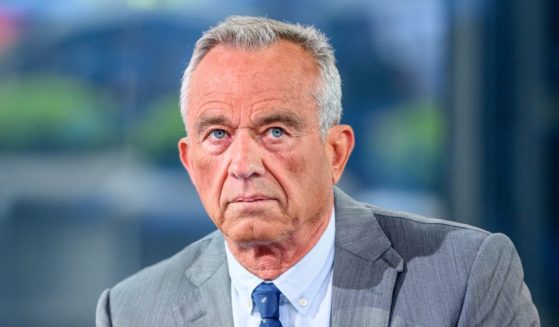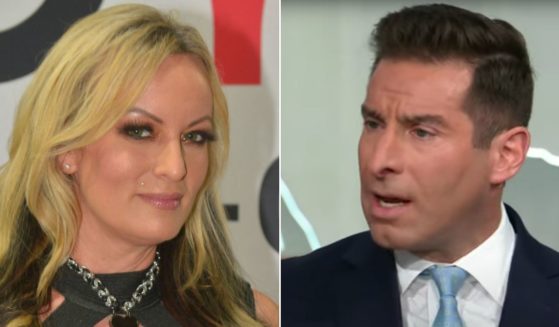Star Parker: Here's What the Left Won't Tell You About Black America
Listening to all the rhetoric in the popular media, you would think America is the most unfair, racist nation in the world. You would think that black Americans are uniformly living in oppression and poverty, with no hope for the future, save for the federal government arriving on the scene to their rescue.
Sorry, liberals, to trouble you with facts. But indeed there are facts. And the facts tell a far different story than what we are hearing.
Let’s start with the most recent annual report of the Census Bureau: Income and Poverty in the United States: 2019.
According to this report, annual real median household income in the U.S. increased 6.8 percent in 2019, the largest annual increase recorded by the Census Bureau going back to 1967.
Black median household income in 2019 increased 7.9 percent, the largest on record and, per American Enterprise Institute economist Mark Perry, “almost nine times the average annual increase of 0.90% over the last half-century.”
Moreover, in 2019, 29.4 percent of black households had an income of $75,000 or more, compared with 28.7 percent of black households that had an income of $25,000 or less. This was the first time ever that the percentage of high-income black households exceeded the percentage of low-income black households.
In 1967, 44.5 percent of black households were low-income, compared with 9.1 percent high-income.
In September, the Federal Reserve published its Survey of Consumer Finances, published once every three years. The survey covers the three-year period 2016-2019, just prior to the onset of the pandemic.
Over this period, per the report, black net worth increased 32.1 percent, Hispanic net worth increased 63.6 percent and white net worth increased 4 percent.
Business equity among black people increased 138 percent.
How about other measures of achievement?
Per the Census Bureau, in 2019, 88 percent of black Americans had a high school diploma, 98 percent of the national average. In 1950, the percent of black Americans with a high school diploma equaled 50 percent of the national average.
In 2018, 37.8 percent of black people ages 18-24 were enrolled in college, compared with a national average of 40.9 percent in this age group.
In the age group of 25-39, 28.4 percent had a bachelor’s degree or higher, compared with 40.5 percent of the general population.
The high school dropout rate among black students in 2018 was 4.9 percent, compared with a national average of 5.7 percent.
Am I trying to divert attention from the many real economic and social problems in many black communities?
Certainly not. But what I do wish to disabuse is the focus on problems in certain black communities and using this data to generalize about all black people. It’s certainly false and a distortion, and ironic how often this is coming from those who pretend to be fighting racism.
It certainly is true, again according to the Census Bureau, that in 2019, black people, who constituted 13.2 percent of the population, represented 23.8 percent of those living below the poverty line.
But is this about racism? The data tells us that this is about family breakdown, not racism.
And the problem of family breakdown is afflicting the whole nation. It just happens to be hitting many black communities particularly hard. Poverty is excessive in households of all races that are headed by single women. Black people just happen to have a very high percentage of households headed by single women.
But, according to Statista, only 6.4 percent of black households headed by a married couple live in poverty.
So, enough of racist generalizations about black people. And enough of the distortions that black people have not been gaining ground in our free country and that where we do have problems, we need more government.
Black progress and achievement since the 1960s have been substantial.
Where problems exist, and where progress is disappointing, invariably, government has been the problem, not the solution.
© 2021 CREATORS.COM
The views expressed in this opinion article are those of their author and are not necessarily either shared or endorsed by the owners of this website. If you are interested in contributing an Op-Ed to The Western Journal, you can learn about our submission guidelines and process here.
Truth and Accuracy
We are committed to truth and accuracy in all of our journalism. Read our editorial standards.

